Leaders of Spain, Malta, Italy and Greece declared migration battle for greater European solidarity to share responsibility. EU South Member States are the most affected by illegal migration flows. Greece, Italy, Malta and Spain say that the new migration pact proposal fails to do enough to systemically redistribute new migrants arriving in the southern EU member states. The EU South States expressed their demands in a letter confirmed by the German news agency dpa. Greece, Italy, Malta and Spain are demanding clearer rules.
“The front-line Member States cannot face the migratory pressure on the whole European Union,” they said. They urged that the “mandatory relocation” of sea migrants across the whole of the EU “should remain and be pursued as the main solidarity tool.”
The signatories nevertheless pledged to “maintain a constructive attitude,” while predicting that reaching a deal in migration battle would be “challenging.” The new pact marks the European Commission’s third attempt to find consensus on reforming its migration policy.
Migration Battle for Share of Responsibility
The European Commission’s proposal does not include a system of compulsory redistribution of migrants. The EU South States had demanded for
share of responsibility. Share of responsibility has demanded also in other words the Visegrad Group of nations. Poland, Hungary, Czech Republic and Slovakia has stressed EU leaders for a closed borders strategy and mass migrant returns. Migration was the defining Brexit issue in the UK’s June 2016 referendum on EU membership. UK hopes leaving the EU will bring it greater freedom to return asylum seekers to the bloc.
Relocation or Return sponsorship
The recent rise in armed conflicts and clashes will bring new migration flows and a new EU migration battle. In today’s African wars, civilians are targeted with impunity by the fighting parties, and international humanitarian norms to protect civilians are routinely violated. A new stream of refugees trying to enter Europe is expected from Africa. There is an extensive list of potential conflicts spanning all corners of the globe. From instability in Ethiopia and state fragility in Libya to the resurgent Kurdish conflict in Turkey and Nagorno-Karabakh conflict.
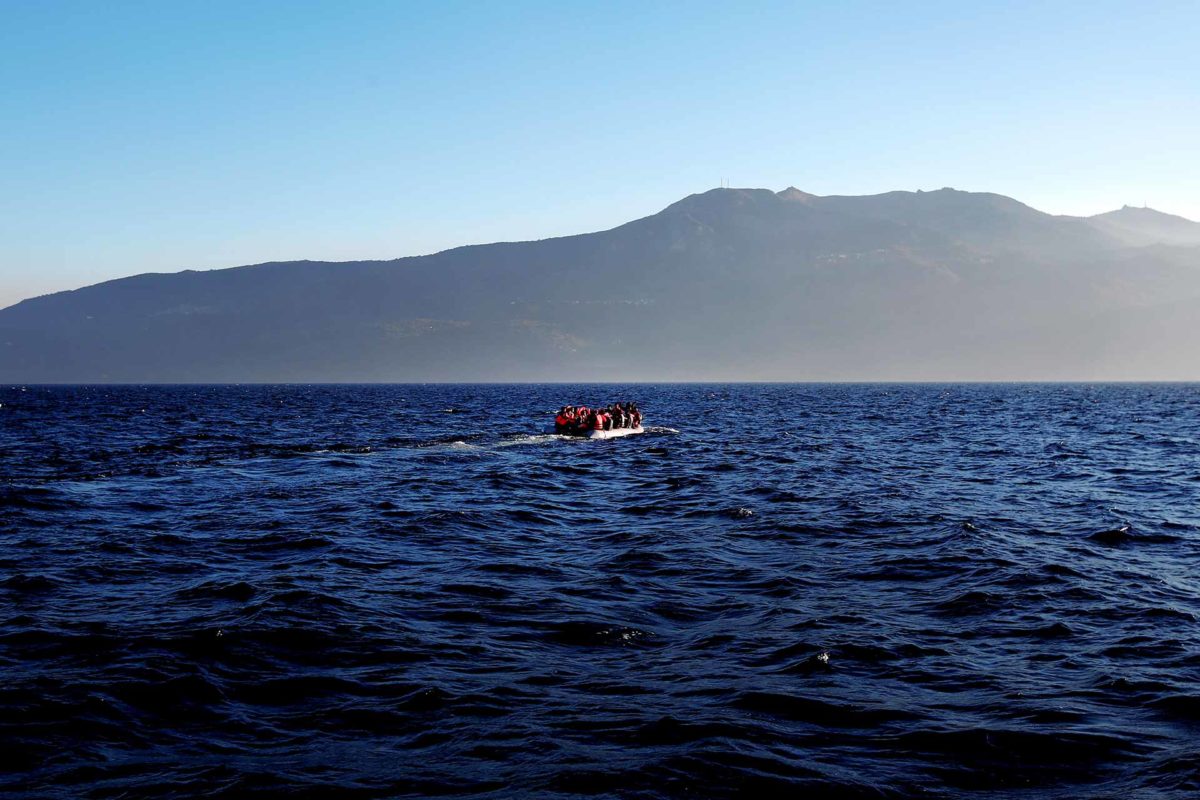
What exactly does the EU new Pact contain?
The Pact sets out the Commission’s new approach to migration, addresses border management and ensures more coherence to integrate the internal and external dimensions of migration policies. It explains how different legislative and non-legislative instruments fit together, and outlines what measures the Commission is taking today and what should come later – more detail on that in the Roadmap.
The asylum and return reforms proposed by the Commission in 2016 and 2018 and on many of which the co-legislators have already found political agreement but did not conclude negotiations are also part of the Pact:
- The EU Asylum Agency Regulation
- The Reception Conditions Directive
- The Qualification Directive
- The Union Resettlement Framework
- The Return Directive
The Communication sets out a way forward to conclude these negotiations, with a view to making procedures more efficient and giving stronger guarantees to people affected (more detail in a question below). One key element of the 2016 reform is the Dublin Regulation. President von der Leyen has already announced this in her first State of the Union address. The new Asylum and Migration Management Regulation replaces the Dublin Regulation. EU claims that altogether put in place a much more effective and comprehensive governance system. Commission believes that the new pact ensures that solidarity is effective in practice and that the challenges of migration are addressed comprehensively.
What elements of the Pact are still to come?
The new package includes a Roadmap which sets out a series of initiatives to complete the overall architecture. These include:
- An Action Plan on Integration and Inclusion
- A Strategy on the future of Schengen
- A Strategy on voluntary returns and reintegration
- An operational strategy on returns
- An EU Action Plan against Migrant Smuggling
- A Skills and Talent package
Canary Islands: EU called for increased repatriations of migrants

How does the New Pact improve asylum and migration management procedures?
1) New, integrated procedures starting at the border. These procedures, comprising pre-entry screening, an asylum procedure and where applicable a swift return procedure, aim to speed up decision-making. In simple cases where someone has no right to stay, the person can be returned after a short process. These procedures are accompanied by specific monitoring and legal safeguards to ensure a full assessment of each individual person.
2) The Pact aims to move forward and conclude negotiations on the Commission’s 2016 proposals to reform the asylum system.These reforms will make legal changes improving the efficiency of procedures and strengthening safeguards for the people concerned.
3) The common EU returns system aims to dramatically improve returns procedures, strengthen return governance structures, including in Frontex, and combine better the external and internal aspects of return policy. It will integrate and support return sponsorship solidarity measures. A prerequisite for its good functioning is the existence of close links with third countries.
4) Proper implementation of procedures through support from EU agencies. This will include the new EU Agency for Asylum to be created under the 2016 reform. This will provide support but also monitoring of asylum systems. The Fundamental Rights Agency and Frontex will also have this role included in their remits. In addition, IT systems (especially Eurodac) will be modernised to support integrated procedures.
5) The new governance system created by the Asylum and Migration Management Regulation (AMR) will encourage Member States to integrate procedures at national level. In a structured process, Member States will prepare and present national strategies addressing all aspects of migration management.
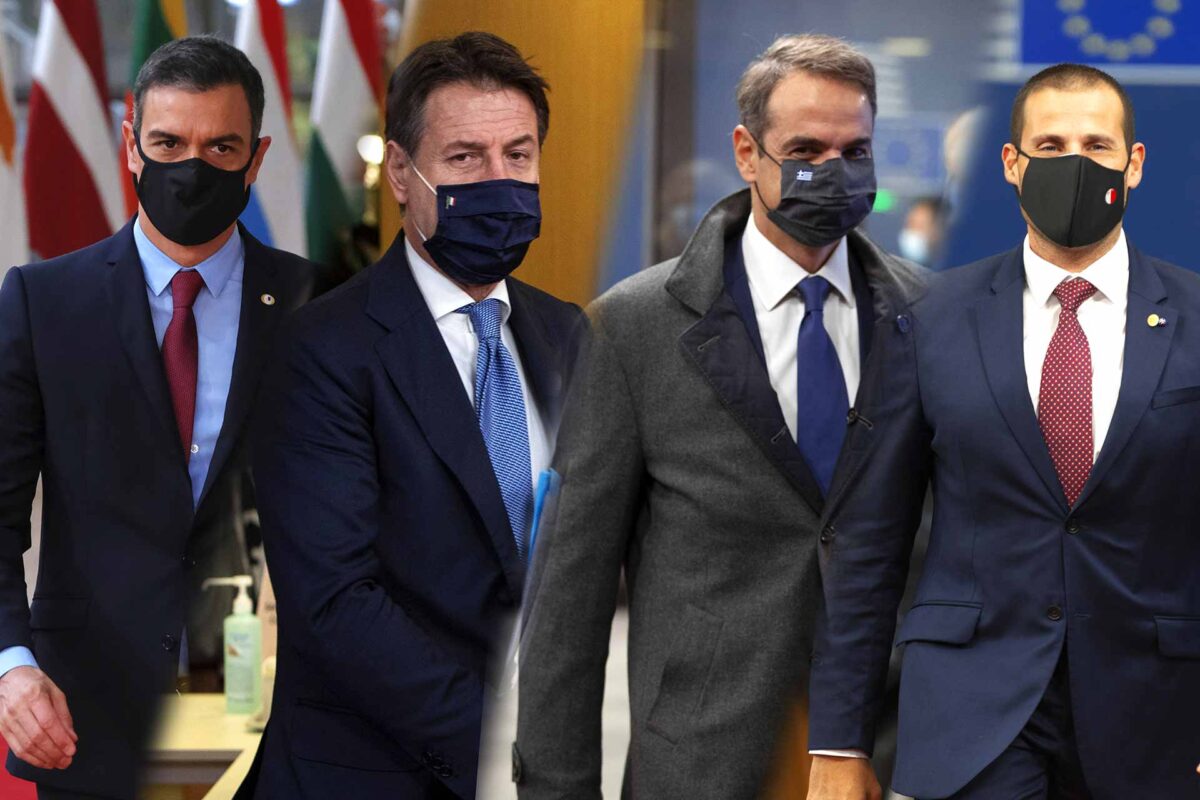
New EU Migration battle
The refugee crisis goes beyond human tragedy and threatens key precepts of the global order. European Union is under pressure, looking for sollutions to the longer term. EU leaders need to lead the way in rebuilding the European credibility and sustained political will. Spain, Italy, Greece and Malta are ready for the new migration battle.

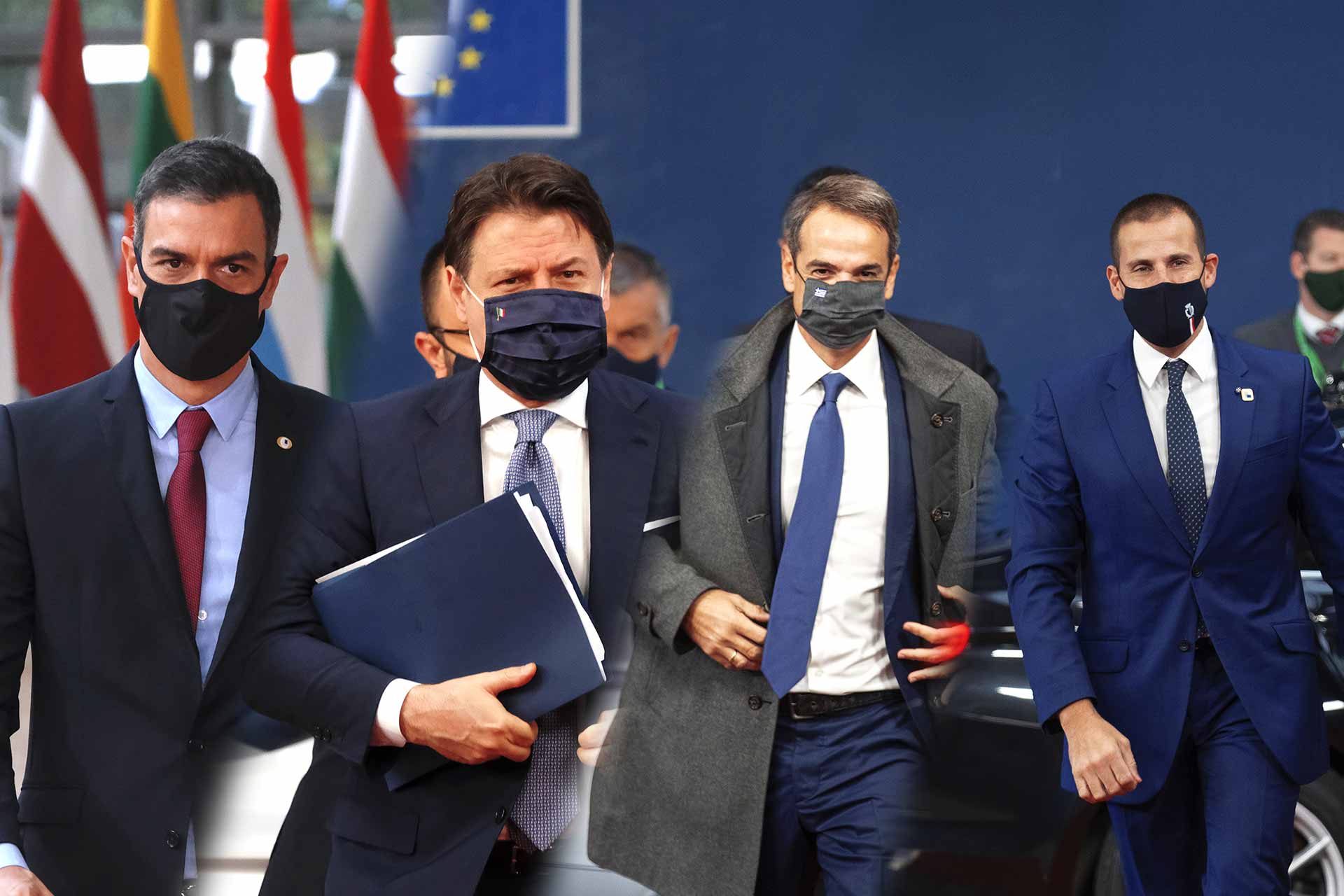
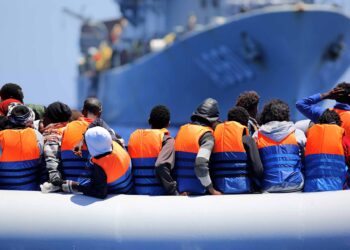
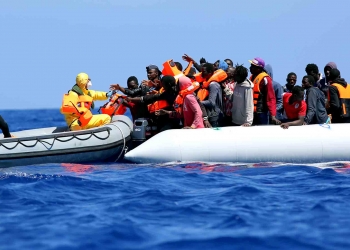
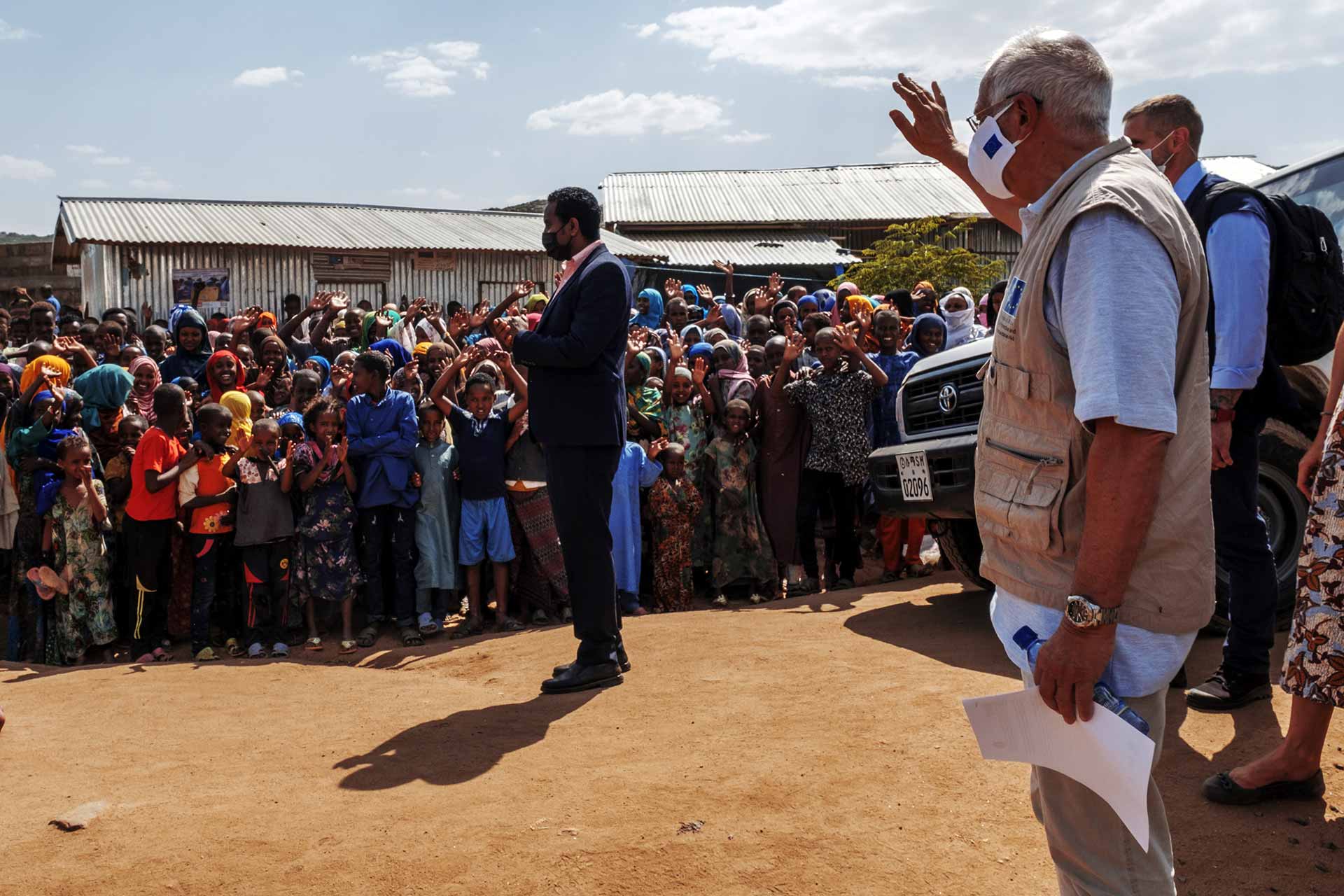

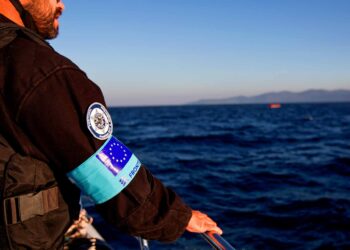
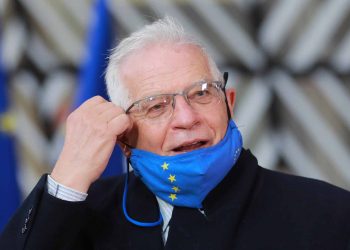








Irrespective of any internal regulations concerning sharing the burden of providing asylum to refugees, any screening procedures so as to EXCLUDE economic migrants should be held outside European ground, eg in Libya, Turkey, Morocco etc. Moreover, we are willing to provide asylum to fellow Mediterranean/ Middle Eastern countries, such as Iraq, Kurdistan or Syria ,although we do not HAVE TO stricktly speaking, since the refugees come after crossing SAFE countries, such as Turkey which borders them, where they can -and should by law, seek refuge. However , this courtesy cannot be extended to any African countries, since their demographics are prohibitive, their cultures are alien and incompatible with ours, and their problems ongoing and of little concern to those of us who object, especially since we never had any colonies there.